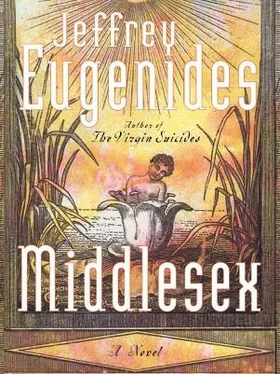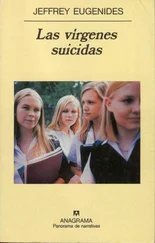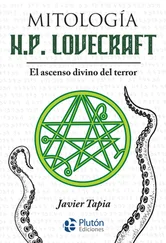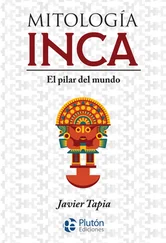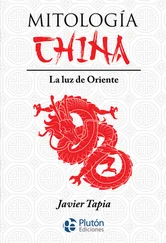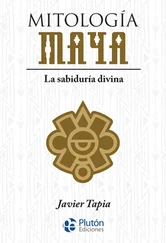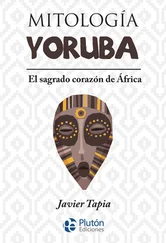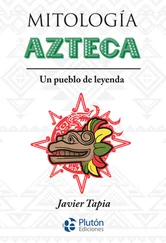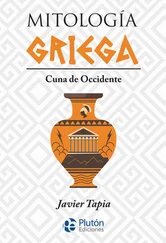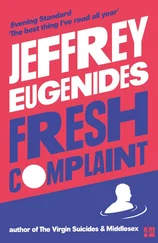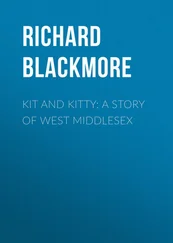“ Hypo . Below or beneath. Like ‘hypodermic.’ ”
“Brilliant. And spadias ?”
“Um um . . .”
“Can anyone come to our poor muse’s aid?”
But, in the classroom of my brain, no one could. So that was why I was here. Because I knew that I had something below or beneath but I didn’t know what that something was.
I had never seen such a big dictionary before. The Webster’s at the New York Public Library stood in the same relation to other dictionaries of my acquaintance as the Empire State Building did to other buildings. It was an ancient, medieval-looking thing, bound in brown leather that brought to mind a falconer’s gauntlet. The pages were gilded like the Bible’s.
Flipping pages through the alphabet, past cantabile to eryngo , past fandango to formicate (that’s with an m ), past hypertonia to hyposensitivity , and there it was:
hypospadiasNew Latin, from Greek, man with hypospadias fr. hypo + prob from spadon , eunuch, fr. span , to tear, pluck, pull, draw.—An abnormality of the penis in which the urethra opens on its under surface. See synonyms at eunuch.
I did as instructed and got
eunuch —1.A castrated man; especially, one of those who were employed as harem attendants or functionaries in certain Oriental courts. 2.A man whose testes have not developed. See synonyms at hermaphrodite.
Following where the trail led, I finally reached
hermaphrodite —1.One having the sex organs and many of the secondary sex characteristics of both male and female. 2.Anything comprised of a combination of diverse or contradictory elements. See synonyms at monster.
And that is where I stopped. And looked up, to see if anyone was watching. The vast Reading Room thrummed with silent energy: people thinking, writing. The painted ceiling bellied overhead like a sail, and down below the green desk lamps glowed, illuminating faces bent over books. I was stooping over mine, my hair falling onto the pages, covering up the definition of myself. My lime green coat was hanging open. I had an appointment with Luce later in the day and my hair was washed, my underpants fresh. My bladder was full and I crossed my legs, putting off a trip to the bathroom. Fear was stabbing me. I longed to be held, caressed, and that was impossible. I laid my hand on the dictionary and looked at it. Slender, leaf-shaped, it had a braided rope ring on one finger, a gift from the Object. The rope was getting dirty. I looked at my pretty hand and then pulled it away and faced the word again.
There it was, monster , in black and white, in a battered dictionary in a great city library. A venerable, old book, the shape and size of a headstone, with yellowing pages that bore marks of the multitudes who had consulted them before me. There were pencil scrawls and ink stains, dried blood, snack crumbs; and the leather binding itself was secured to the lectern by a chain. Here was a book that contained the collected knowledge of the past while giving evidence of present social conditions. The chain suggested that some library visitors might take it upon themselves to see that the dictionary circulated. The dictionary contained every word in the English language but the chain knew only a few. It knew thief and steal and, maybe, purloined . The chain spoke of poverty and mistrust and inequality and decadence . Callie herself was holding on to this chain now. She was tugging on it, winding it around her hand so that her fingers went white, as she stared down at that word. Monster . Still there. It had not moved. And she wasn’t reading this word on the wall of her old bathroom stall. There was graffiti in Webster’s but the synonym wasn’t part of it. The synonym was official, authoritative; it was the verdict that the culture gave on a person like her. Monster . That was what she was. That was what Dr. Luce and his colleagues had been saying. It explained so much, really. It explained her mother crying in the next room. It explained the false cheer in Milton’s voice. It explained why her parents had brought her to New York, so that the doctors could work in secret. It explained the photographs, too. What did people do when they came upon Bigfoot or the Loch Ness Monster? They tried to get a picture. For a second Callie saw herself that way. As a lumbering, shaggy creature pausing at the edge of woods. As a humped convolvulus rearing its dragon’s head from an icy lake. Her eyes were filling now, making the print swim, and she turned away and hurried out of the library.
But the synonym pursued her. All the way out the door and down the steps between the stone lions, Webster’s Dictionary kept calling after her, Monster, Monster! The bright banners hanging from the tympanum proclaimed the word. The definition inserted itself into billboards and the ads on passing buses. On Fifth Avenue a cab was pulling up. Her father jumped out, smiling and waving. When Callie saw him, her heart lifted. The voice of Webster’s stopped speaking in her head. Her father wouldn’t be smiling like that unless the news from the doctor had been good. Callie laughed and sprinted down the library steps, almost tripping. Her emotions soared for the time it took to reach the street, maybe five or eight seconds. But coming closer to Milton, she learned something about medical reports. The more people smile, the worse the news. Milton grinned at her, perspiring in pinstripes, and once again the tragedy cuff link glinted in the sun.
They knew. Her parents knew she was a monster. And yet here was Milton, opening the car door for her; here was Tessie, inside, smiling as Callie climbed in. The cab took them to a restaurant and soon the three of them were looking over menus and ordering food.
Milton waited until the drinks were served. Then, somewhat formally, he began. “Your mother and I had a little chat with the doctor this morning, as you are aware. The good news is that you’ll be back at home this week. You won’t miss much school. Now for the bad news. Are you ready for the bad news, Cal?”
Milton’s eyes were saying that the bad news was not all that bad.
“The bad news is you have to have a little operation. Very minor. ‘Operation’ isn’t really the right word. I think the doctor called it a ‘procedure.’ They have to knock you out and you have to stay overnight in the hospital. That’s it. There’ll be some pain but they can give you painkillers for it.”
With that, Milton rested. Tessie reached out and patted Callie’s hand. “It’ll be okay, honey,” she said in a thickened voice. Her eyes were watery, red.
“What kind of operation?” Callie asked her father.
“Just a little cosmetic procedure. Like getting a mole removed.” He reached out and playfully caught Callie’s nose between his knuckles. “Or getting your nose fixed.”
Callie pulled her head away, angry. “Don’t do that!”
“Sorry,” said Milton. He cleared his throat, blinking.
“What’s wrong with me?” Calliope asked, and now her voice broke. Tears were running down her cheeks. “What’s wrong with me, Daddy?”
Milton’s face darkened. He swallowed hard. Callie waited for him to say the word, to quote Webster’s, but he didn’t. He only looked at her across the table, his head low, his eyes dark, warm, sad, and full of love. There was so much love in Milton’s eyes that it was impossible to look for truth.
“It’s a hormonal thing, what you’ve got,” he said. “I was always under the impression that men had male hormones and women had female hormones. But everybody has both, apparently.”
Читать дальше
Конец ознакомительного отрывка
Купить книгу
